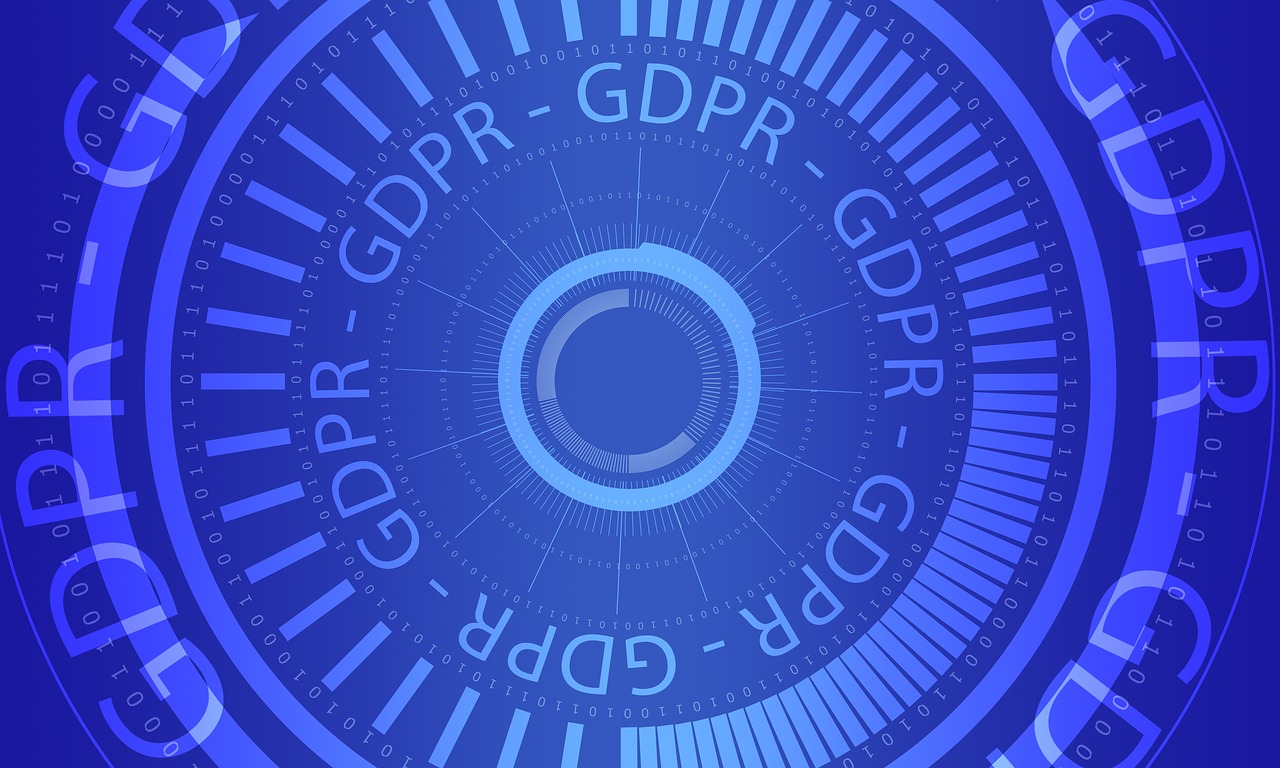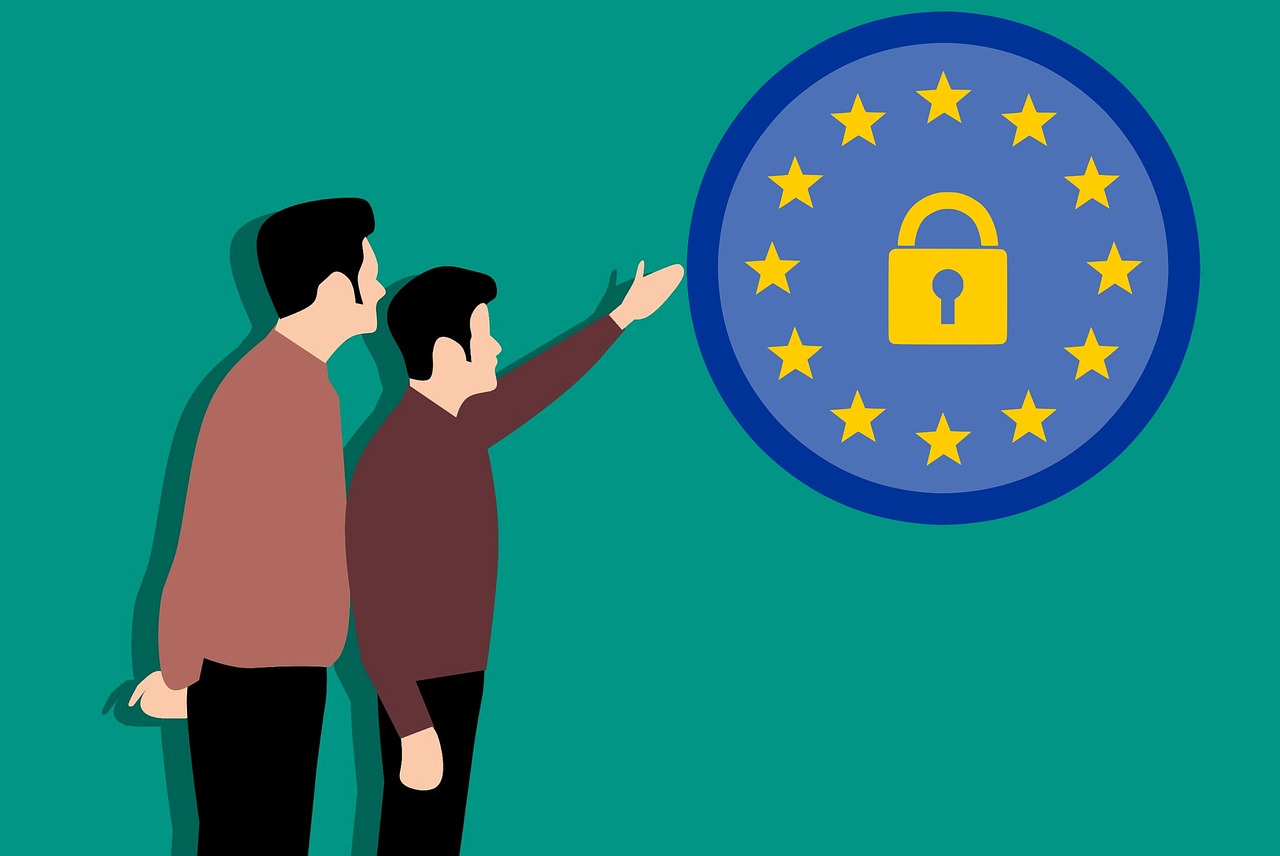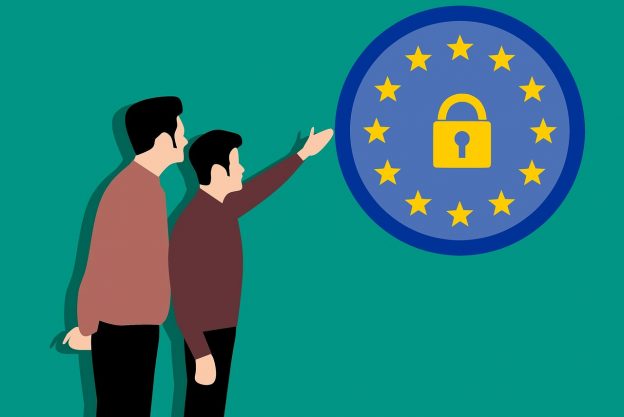In today’s digital landscape, data collection has become an integral part of business operations. However, with the increasing concerns over privacy and data protection, ensuring compliance with relevant regulations has become crucial for businesses. This is where data collection compliance agencies play a vital role. These specialized agencies are equipped with the knowledge and expertise to navigate the complex world of data collection regulations, helping businesses stay compliant and avoid legal complications. By partnering with a reliable data collection compliance agency, businesses can not only safeguard their customer’s data but also avoid hefty fines and reputational damage. In this article, we will explore the importance of data collection compliance agencies and how they can assist businesses in maintaining the highest standards of data protection and privacy.
Data Collection Compliance Agencies
Data collection compliance is a critical aspect of modern business operations, particularly in the digital age where data is the driving force behind many decisions and strategies. In order to ensure compliance with applicable laws and regulations, businesses often turn to data collection compliance agencies for guidance and assistance. These agencies specialize in helping companies navigate the complex landscape of data collection, ensuring that they collect and handle data in a manner that is legal, ethical, and secure. This article will provide an overview of data collection compliance agencies, their role and functions, and the benefits of hiring them.
What is Data Collection Compliance?
Data collection compliance refers to the process of ensuring that businesses collect, handle, and store data in a manner that adheres to relevant laws and regulations. It involves implementing policies and procedures that safeguard consumer privacy, protect sensitive data, and mitigate risks and liabilities associated with data management.
Why is Data Collection Compliance Important?
Data collection compliance is of utmost importance for several reasons. Firstly, it ensures the protection of consumer privacy by establishing guidelines and protocols for handling personal data. This is particularly crucial in light of the increasing number of data breaches and cyber-attacks that put consumer information at risk.
Secondly, data collection compliance is necessary to comply with legal and regulatory requirements. Many jurisdictions have enacted laws and regulations that govern the collection, use, and storage of data, such as the General Data Protection Regulation (GDPR) in the European Union.
Finally, compliance with data collection regulations helps businesses mitigate risks and liabilities. Non-compliance can result in costly legal disputes, reputational damage, and financial penalties. By adhering to data collection compliance measures, businesses can minimize these risks and protect their interests.

The Role of Data Collection Compliance Agencies
Data collection compliance agencies play a crucial role in assisting businesses in navigating the complex world of data collection and ensuring their compliance with applicable laws and regulations. These agencies are experts in the field and can provide valuable guidance and support to businesses that may not have the necessary knowledge or resources to handle data compliance internally.
One of the primary roles of data collection compliance agencies is to help businesses understand their responsibilities and obligations regarding data collection. They stay abreast of the latest laws and regulations and provide businesses with the necessary information and guidance to ensure compliance.
Data collection compliance agencies collaborate closely with businesses to develop effective data collection policies and procedures tailored to their specific needs and industry requirements. They work with businesses to assess their existing data management practices, identify areas of non-compliance, and develop strategies to address and rectify any issues.
Key Functions of Data Collection Compliance Agencies
Data collection compliance agencies perform several key functions to assist businesses in achieving and maintaining compliance. These functions include:
1. Compliance Auditing
Data collection compliance agencies conduct comprehensive audits of businesses’ data collection practices to assess their compliance with applicable laws and regulations. These audits involve evaluating the effectiveness of existing policies and procedures, identifying any gaps or deficiencies, and providing recommendations for improvement.
2. Policy Development and Implementation
Data collection compliance agencies work with businesses to develop robust data collection policies and procedures that align with applicable legislation and industry best practices. They assist businesses in implementing these policies and provide ongoing support and guidance to ensure effective compliance.
3. Training and Education Programs
Data collection compliance agencies offer training and education programs to help businesses and their employees understand the importance of data compliance and learn how to adhere to relevant laws and regulations. These programs typically cover topics such as data protection, privacy laws, and cybersecurity.
4. Monitoring and Reporting
Data collection compliance agencies assist businesses in establishing monitoring processes to ensure ongoing compliance with data collection regulations. They help in developing systems to track data usage, detect any potential breaches or non-compliance, and report incidents as required by law.
5. Risk Assessment and Mitigation
Data collection compliance agencies provide businesses with valuable insights into potential risks and vulnerabilities associated with data collection. They conduct risk assessments to identify areas of concern and develop strategies to mitigate these risks, thereby protecting businesses from legal and financial liabilities.

Regulatory Framework for Data Collection Compliance
Data collection compliance is governed by a diverse regulatory framework that varies from jurisdiction to jurisdiction. A few important aspects of this framework include:
Overview of Relevant Laws and Regulations
Data collection compliance is subject to various laws and regulations at the national and international levels. These include but are not limited to the GDPR, the California Consumer Privacy Act (CCPA), and the Health Insurance Portability and Accountability Act (HIPAA). Each of these laws has specific requirements and mandates that businesses must follow.
International Data Protection Laws
As data collection often occurs across borders, businesses must also comply with international data protection laws. The GDPR, for example, applies to any business that collects data from individuals located in the European Union, regardless of where the business is based. Understanding and complying with these laws is essential for businesses engaged in global data collection.
Industry-Specific Regulations
Certain industries have specific regulations and requirements relating to data collection and privacy. For instance, the financial services sector is subject to regulations such as the Payment Card Industry Data Security Standard (PCI DSS), which outlines measures to protect credit card data. Data collection compliance agencies assist businesses in complying with these industry-specific regulations.
Role of Data Protection Authorities
Data protection authorities, such as the Information Commissioner’s Office (ICO) in the UK, play a significant role in data collection compliance. These authorities are responsible for enforcing data protection laws, conducting investigations, and imposing penalties for non-compliance. Data collection compliance agencies work hand-in-hand with businesses and data protection authorities to ensure adherence to regulations and to address any issues that may arise.
Benefits of Hiring Data Collection Compliance Agencies
Engaging the services of a data collection compliance agency offers several benefits for businesses. Some of the key advantages include:
Expertise and Knowledge
Data collection compliance agencies specialize in the field of data compliance and possess extensive knowledge and expertise. By hiring these agencies, businesses gain access to professionals who are well-versed in the intricacies of data protection laws and best practices. This ensures that businesses receive accurate and up-to-date advice and support in their compliance efforts.
Effective Compliance Strategies
Data collection compliance agencies help businesses develop and implement effective compliance strategies tailored to their specific needs. These strategies are designed to address any potential risks and vulnerabilities and ensure that businesses are well-prepared to handle data collection in a compliant manner.
Reduced Legal and Financial Risks
Non-compliance with data collection regulations can have serious legal and financial consequences for businesses. Hiring a data collection compliance agency can significantly reduce these risks. These agencies help businesses identify and rectify any compliance issues, thereby minimizing the likelihood of legal disputes, penalties, and reputational damage.
Enhanced Trust and Reputation
Compliance with data collection regulations enhances the trustworthiness and reputation of businesses in the eyes of consumers and stakeholders. By engaging the services of a data collection compliance agency, businesses send a strong message to their customers that they prioritize data privacy and security, building trust and loyalty.
How to Choose a Data Collection Compliance Agency
When selecting a data collection compliance agency, businesses should consider several factors to ensure they choose the one best suited to their needs. Some key considerations include:
Identifying Specific Compliance Needs
Businesses should first assess their specific compliance requirements and identify areas in which they require assistance. This could include particular industry regulations or international data protection laws. By clearly understanding their needs, businesses can select an agency with the necessary expertise in those areas.
Evaluate Experience and Track Record
Businesses should consider the experience and track record of data collection compliance agencies before making a decision. They should inquire about the agency’s previous clients, the industries they have worked with, and any notable success stories. This information can help businesses gauge the agency’s capabilities and ensure a good fit.
Understanding Service Offerings
It is important for businesses to have a clear understanding of the services offered by a data collection compliance agency. This includes the scope of their compliance audits, the support provided for policy development and implementation, and the nature of their ongoing monitoring and reporting. By understanding what services an agency offers, businesses can determine if they align with their needs.
Consider Cost and Affordability
Cost is a significant consideration when choosing a data collection compliance agency. While it is important to find an agency that offers quality services, businesses must also consider their budgetary constraints. It is advisable to obtain quotes from multiple agencies and compare them in terms of the value provided.
Client References and Testimonials
Seeking client references and testimonials is a useful way to gauge the satisfaction levels of past clients. Businesses can request references from agencies and get in touch with these references to gain insights into their experiences working with the agency. This information can provide valuable assurance of an agency’s capabilities and reliability.
FAQs
-
What are the consequences of non-compliance with data collection regulations? Non-compliance with data collection regulations can result in legal disputes, financial penalties, reputational damage, and loss of customer trust.
-
What industries are subject to specific data collection regulations? Certain industries have specific regulations related to data collection, such as the financial services sector (PCI DSS) and healthcare (HIPAA).
-
How can data collection compliance agencies help mitigate risks? Data collection compliance agencies conduct risk assessments, develop effective compliance strategies, and provide ongoing support to businesses, helping them identify and mitigate potential risks.
-
Do data collection compliance agencies only work with large businesses? No, data collection compliance agencies work with businesses of all sizes. They tailor their services to meet the specific needs and requirements of each client.
-
Is hiring a data collection compliance agency a one-time service, or is ongoing support provided? Data collection compliance agencies typically provide ongoing support to businesses. This includes monitoring, reporting, and assistance with updates to data collection policies as new regulations emerge.
In conclusion, data collection compliance agencies play a crucial role in helping businesses meet their data collection obligations and mitigate risks. By partnering with these agencies, businesses can ensure that they handle data in a manner that is legal, ethical, and secure. The expertise and guidance provided by data collection compliance agencies help businesses build trust, enhance their reputation, and navigate the complex landscape of data collection regulations effectively.
